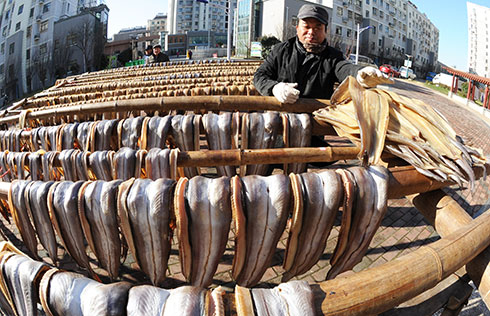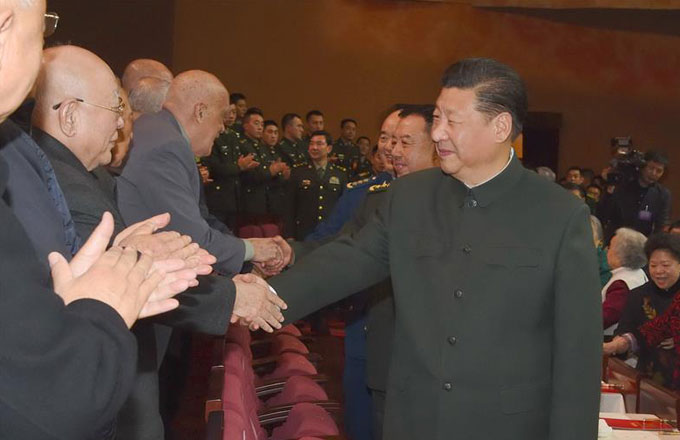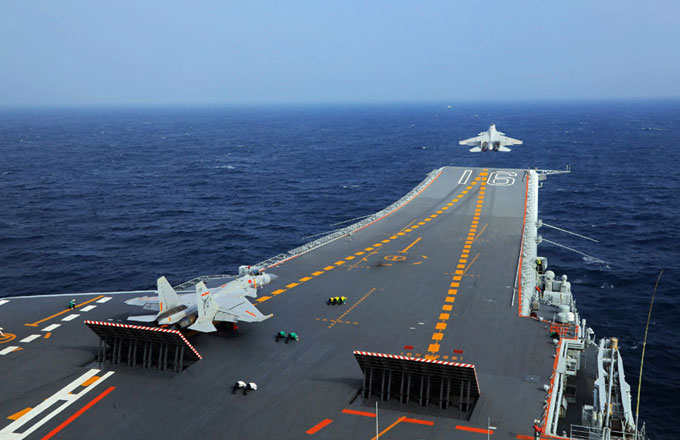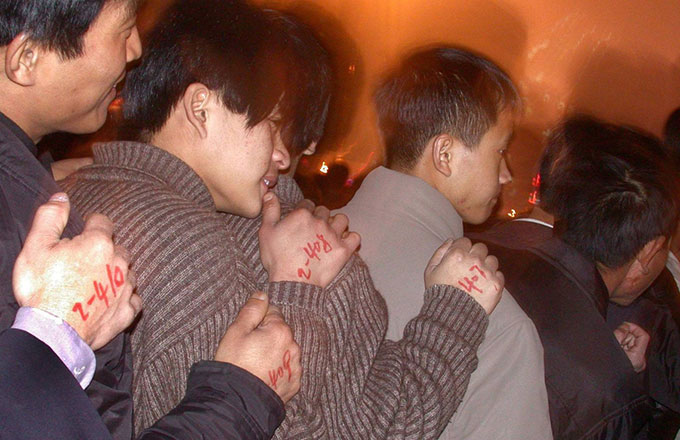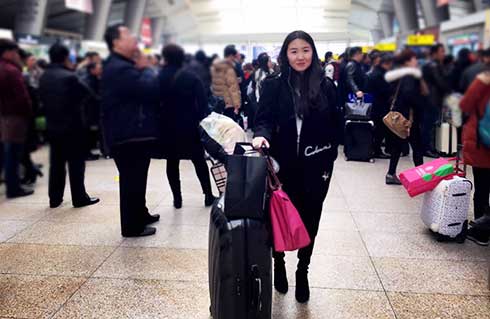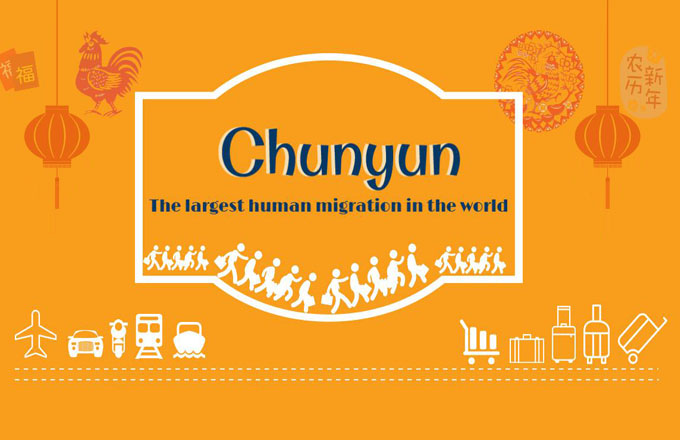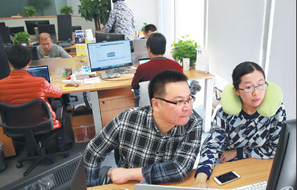Trumping logistics challenges in HK
Looking back, it was only in the late 90s that the industry's forwarders started calling themselves logistics services providers and upgraded their services to include a variety of value-added services, giving rise to supply chain management.
Logistics is the resources flow management between the point of origin and the point of destination in order to meet certain requirements, for example, of customers or corporations, and supply chain management (SCM) is explained as the management of a network of interconnected businesses involved in the provision of product and service packages required by the end customers in a supply chain.
Today it is possible for South American fruits to be shipped through complex interconnected businesses. Fruit or agricultural shipments can be separately packed for delivery to the Middle East, Europe, Singapore and Hong Kong. Along the way, other fruit shipments could also be picked up from these countries and consolidated with the original South American fruit shipment.
|
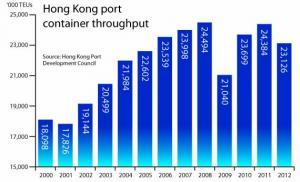 |
Rising imports
In contrast to the Chinese mainland, Hong Kong has little local agricultural production and relies almost entirely on imports to meet demand for produce. As the city started at a much higher level of development than the Chinese mainland, produce consumption has not grown at the same rapid pace, but has seen steady growth over the past decade, with imports rising from 1.68 million tons in 2000 to 2.27 million tons in 2009. This totals 319 kg of fruits and vegetables per capita in Hong Kong, or more than twice that of the mainland's consumption.
In general, Hong Kong's advanced stage of development means the market is sophisticated and competition often fierce. Despite their high-level of income relative to the mainland, Hong Kong consumers are extremely price sensitive when it comes to fruits and vegetables, basing purchasing decisions largely on value for money.
Increasingly they are influenced by other factors, as well. Health consciousness, changing demographics, and busier lifestyles are three of the most prominent, but of late, food safety has moved to the fore as a result of a string of food safety scandals. This has sparked greater demand for more organic produce.
Undoubtedly, enhanced logistics and supply chain management could help the city to better meet produce demand.
Logistics hub
In 2001, as logistics started to become popular, the then Chief Executive Tung Chee-hwa in his Policy Address, stated that: "With Hong Kong's excellent transportation facilities and the Pearl River Delta's high productivity, together we can develop into a logistics hub to link the mainland with the world.
"We can promote the development of an inter-modal system and consider other supporting facilities to speed up the flow of goods and information. The provision of integrated services will also strengthen Hong Kong's competitive advantage as a supply-chain base."
After Tung's tenure, Donald Tsang Yam-kuen served as CE from June 21, 2005 to June 30, 2012, and effective July 1, 2012, Leung Chun-ying was elected as the new CE.
Leung, in his maiden Policy Address delivered on January 16, 2013, stressed the importance of Hong Kong's logistics industry, which is one of the four economic pillars in the city.
According to Paul Tsui, chairman of the Hongkong Association of Freight Forwarding and Logistics Ltd (HAFFA), towards the end of last year, he headed a delegation to meet the new Chief Executive to convey the organization's grave concern over a series of issues that severely hinder Hong Kong's competitiveness as a regional and international cargo hub.Through the meeting, HAFFA channeled the full picture of the cargo industry and its long term views/position to the new government appointees to assist them when formulating relevant policies with cross-bureaus/departments in future.
"The CE heard attentively the industry's needs and committed to studying its proposals in depth with relevant bureaus," says Tsui, who is also the head of the Janel Group of Hong Kong, a leading logistics services provider in the city.
The government's representatives included CY Leung, Miss Shirley Yung, Deputy Secretary for Security, Ms Jenny Chan, Principal Assistant Secretary, Transport and Housing Bureau, Carlson Chan, Private Secretary to CE and Ms Vivien Li, Assistant Private Secretary to CE, while the industrial and HAFFA representatives included Tsui, Wilson Yip, Kwun Tong District Councillor, HAFFA's two Vice Chairman, Cliff Sullivan and Kenneth So, and Ms Alice Lui, HAFFA Director.
The four major industrial issues which were brought to the CE's attention included global security compliance, common e-platform to facilitate information flow for Hong Kong, introduction of a Transshipment Ordinance and establishment of a "Co-location Customs Clearance" mechanism at a bonded area.
- China's coal-rich province vows to slash overcapacity in 2017
- One China policy 'nonnegotiable', China tells US
- China to formulate judicial exclusionary rule of illegal evidence
- Railway trips surge as Chinese start Spring Festival travel
- Procuratorates approve arrest of 19,000 telecom fraud suspects



